Blog Posts Tagged Technical Content
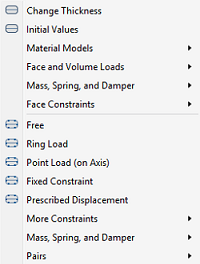
Membrane Interface Improvements in Version 5.0
As of version 5.0 of COMSOL Multiphysics®, the Membrane interface includes a restructured menu, new feature nodes, improvements to the Linear Elastic Material model, and more.
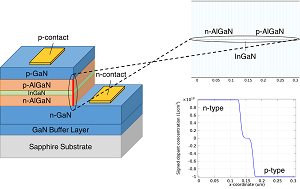
Investigating LED Efficiency via Multiphysics Simulation
Ever wonder how efficient LED lighting is, compared to traditional florescent lighting? In this blog post, we demonstrate how to analyze LED efficiency with multiphysics modeling.
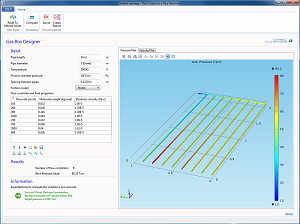
Creating an App for Modeling Flow Control in a Pipe Network
Simulation apps can be used as dedicated tools for modeling the flow and pressure distribution inside a network of connected pipes. This would be useful in, for example, semiconductor processing.
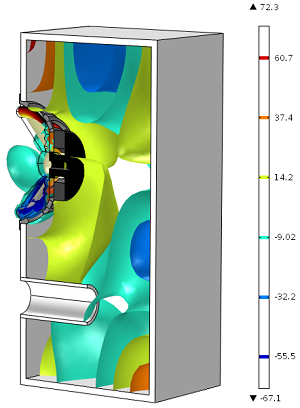
Making Waves with Contour and Isosurface Plots
In this installment of our blog series on postprocessing your simulation results, learn how to use contour and isosurface plots to show quantities on a series of lines or surfaces.
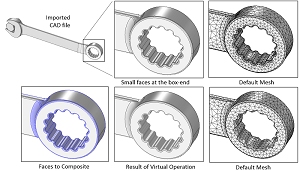
Using Virtual Operations to Simplify Your Geometry
CAD geometry: A set of data structures that provide a very precise method for describing the shapes of parts (called boundary representation, or B-rep).
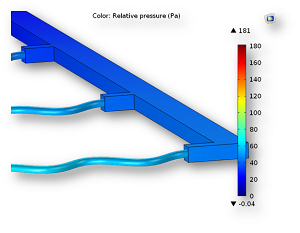
How to Easily Connect 1D Pipes to 3D Flow Domains
You can easily connect 1D pipes to 3D flow domains for your pipe flow simulations using a feature in the Pipe Flow Module available as of COMSOL Multiphysics® version 5.0.
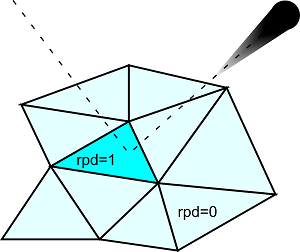
New Accumulators Boost Particle and Ray Tracing Functionality
Accumulators, a series of features available in the Particle Tracing Module, can be used to couple the results of a particle tracing simulation to other physics interfaces.
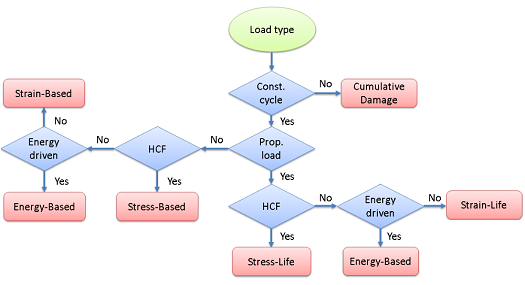
Which Fatigue Model Should I Choose?
Have you ever asked yourself, “Which fatigue model should I use in my simulations?” If so, read this blog post for a comprehensive overview of the available Fatigue Module models.
